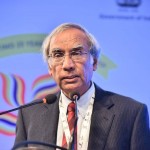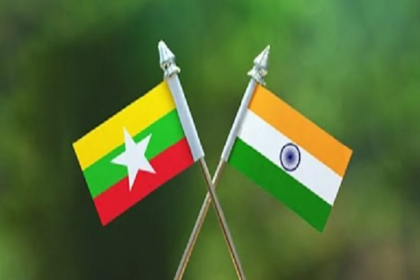 Courtesy: NewsClick
Courtesy: NewsClick
Foreign Secretary Harsh Vardhan Shringla's visit to Myanmar has implications for New Delhi's recognition of the new military government in Naypyidaw. India can support ASEAN to stabilise Myanmar, while also checking Chinese influence in that country. For stability in the neighbourhood is crucial to India's own security.
 Courtesy: Shutterstock
Courtesy: Shutterstock
Nine great powers and a number of important multilaterals have vested interests in the Indo-Pacific. Given the U.S.-China standoff in the region, the role of new groupings like the Quad and AUKUS is significant. The time is ripe for India to use its position in the region, and convert its humanitarian duties into economic and strategic opportunities in 2022.
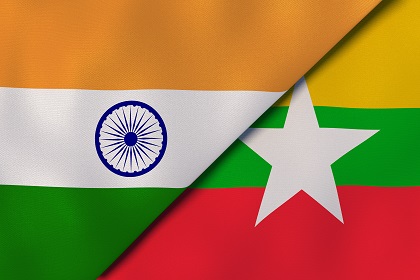 Courtesy: Shutterstock
Courtesy: Shutterstock
Last month, an Indian delegation led by Foreign Secretary Harsh Shringla, visited Myanmar and met with the military leadership. Bilateral discussions prioritised border security, economic cooperation and refugee issues. New Delhi must carefully balance its relations with Naypyitaw, with a dual focus on cross-border projects and restabilising democratic rule in the country.
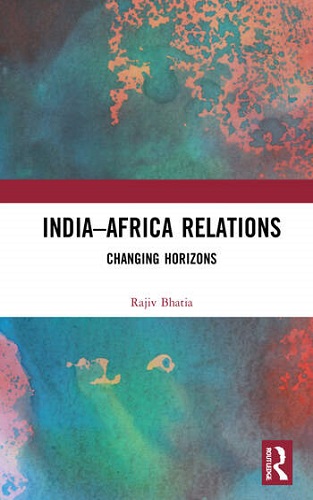 Courtesy: Routledge India
Courtesy: Routledge India
India has a long-standing and unique relationship with Africa. However, China's presence and influence has resulted in geopolitical competition, with the two Asian nations vying to expand and deepen their engagement with Africa. Beijing's footprint is considerable, with a long-term strategic objective. To strengthen ties with the continent, New Delhi must match Beijing's ascendancy and lay down mutually beneficial goals.
The excerpt from this expansive book on Indo-African engagement examines the Chinese presence in Africa, African agency in external partnerships and the importance of recognising African needs to devise better policies by competing nations.
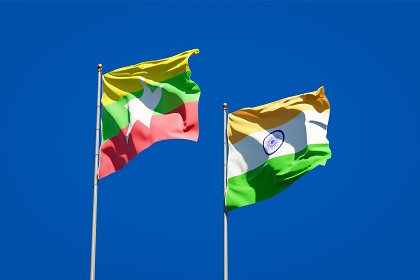 Courtesy: Shutterstock
Courtesy: Shutterstock
Foreign Secretary Harsh Vardhan Shringla is on a crucial visit to Nyapitaw, meeting with the military government and opposition for the first time since the military coup this year. This is part of New Delhi's diplomatic agenda for Myanmar, which includes border management and striking a balance between strengthening democracy and supporting the military, amid dynamic regional geopolitics.
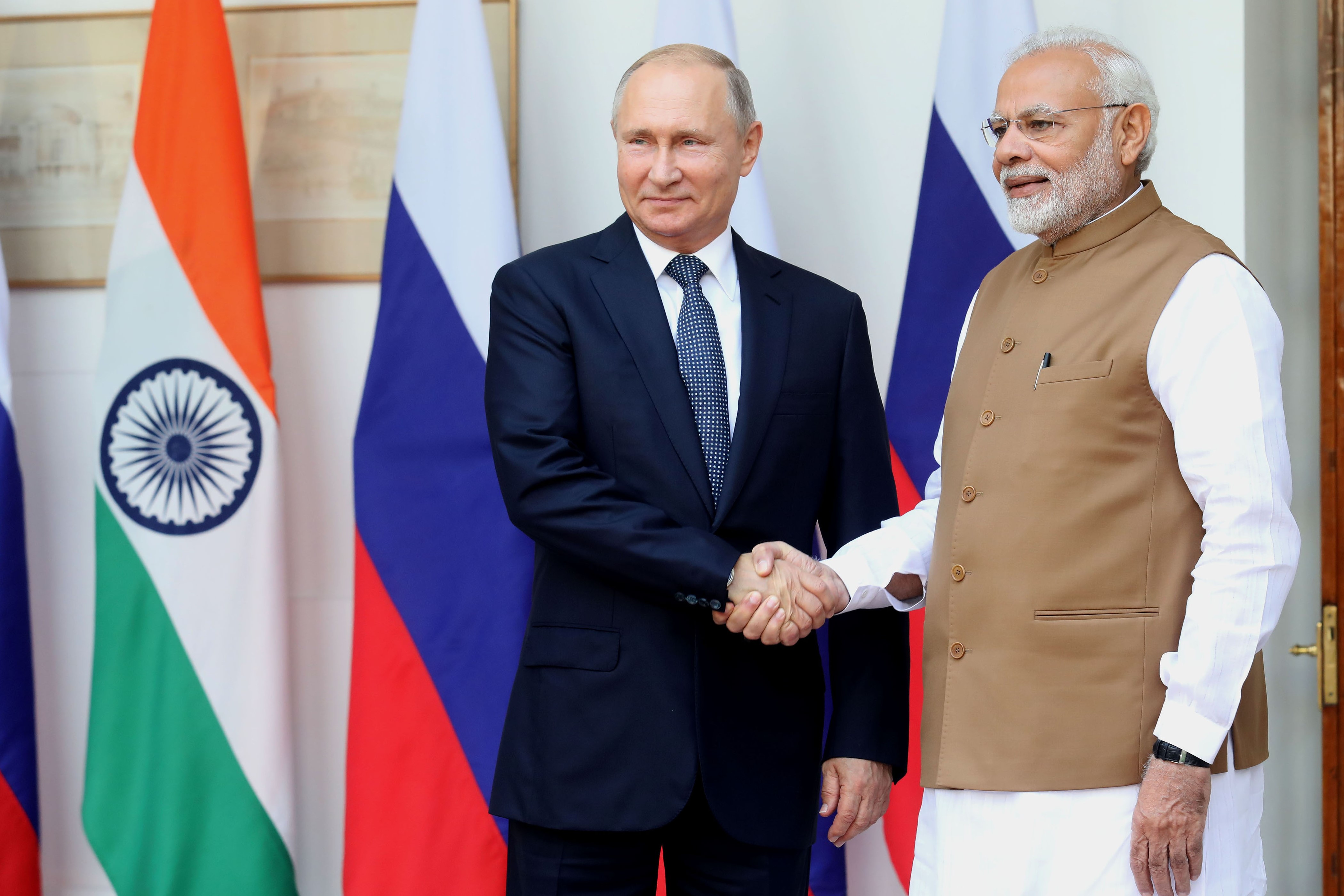 Courtesy: Shutterstock
Courtesy: Shutterstock
The India-Russia leaders’ summit and ministerial meetings in New Delhi on Dec. 6, scored big. Differences were set aside to make transformative progress in defence, fintech and connectivity among other sectors, commencing a new era of India-Russia relations fit for the 21st century.
 Courtesy: Gateway House
Courtesy: Gateway House
The new Omicron variant of COVID-19 has caused concern across the globe, especially in Africa. India has shown solidarity with the continent, extending supplies of Made in India vaccines, drugs and medical equipment. Despite some setbacks, there is vast potential for Indo-African collaboration based on strategic advantages and mutual goals.
 Courtesy: Club of Three
Courtesy: Club of Three
The EU's Indo-Pacific strategy, released in September, set the tone for a renewed focus on the region. Europe's Asia connect is rich, strong and multi-layered, laying the foundation for an advantageous position for the EU in the Indo-Pacific. This can be achieved if the EU is more candid with itself, more assertive with China, and more cooperative with India.
 Courtesy: G20
Courtesy: G20
The Oct 30-31 G20 Leaders’ Summit in Rome took several important steps to accelerate economic recovery and health security. In the absence of several Eurasian leaders, India played a significant role especially on climate and energy. The G20 will now acquire greater salience in India's foreign policy, as it readies to lead the grouping in 2023.
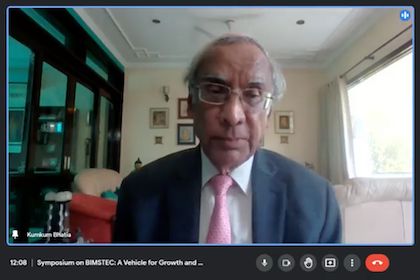 Courtesy: Gateway House
Courtesy: Gateway House
On 25 October 2021, Ambassador Rajiv Bhatia, Distinguished Fellow, Gateway House presented his remarks at the Technical Session 1 on ‘Post-Covid Economic Recovery and Restoring Growth Momentum in BIMSTEC’ of the International Symposium on “BIMSTEC: A Vehicle for Growth and Development”.


